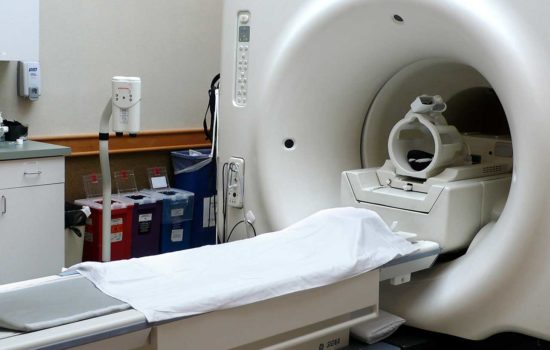
Indian pharma needs to move from imitation to innovation
India needs to address the regulatory and legal roadblocks that are holding back biotech innovation
Nilanjan Banik is a professor at Bennett University’s School of Business, India.
His work focuses on the application of time series econometrics in issues relating to international trade, market structure and development economics. He is also interested in the “rules” part of WTO; especially examining non-tariff barriers aspects of GATT/WTO agreements.
He has project experience with Australian Department of Foreign Affairs and Trade, Australia; Laffer Associates, USA; KPMG, India; Ministry of Commerce, Government of India; Research and Information System for Developing Countries (RIS), New Delhi; Indian Council for Research on International Economic Relations (ICRIER), New Delhi; Center for Economic Policy Research, UK; Asian Development Bank Institute, Tokyo; Asian Development Bank, Manila; South Asia Network of Economic Research Institutes (SANEI); UNESCAP-ARTNeT, Thailand, Australia India Institute, University of Melbourne; and World Trade Organization, Geneva

India needs to address the regulatory and legal roadblocks that are holding back biotech innovation

China and South Korea insist on protecting their medical-device industries, preventing access to life-saving technologies.

Many countries have long recognized the absurdity of medicine tariffs, yet many countries persist with them

Pharmaceutical tariffs could be a barrier to access to medicines. This Working Paper looks at current levels of vaccine and pharmaceutical tariffs worldwide, and examines trade flows amongst the biggest exporting and importing nations.